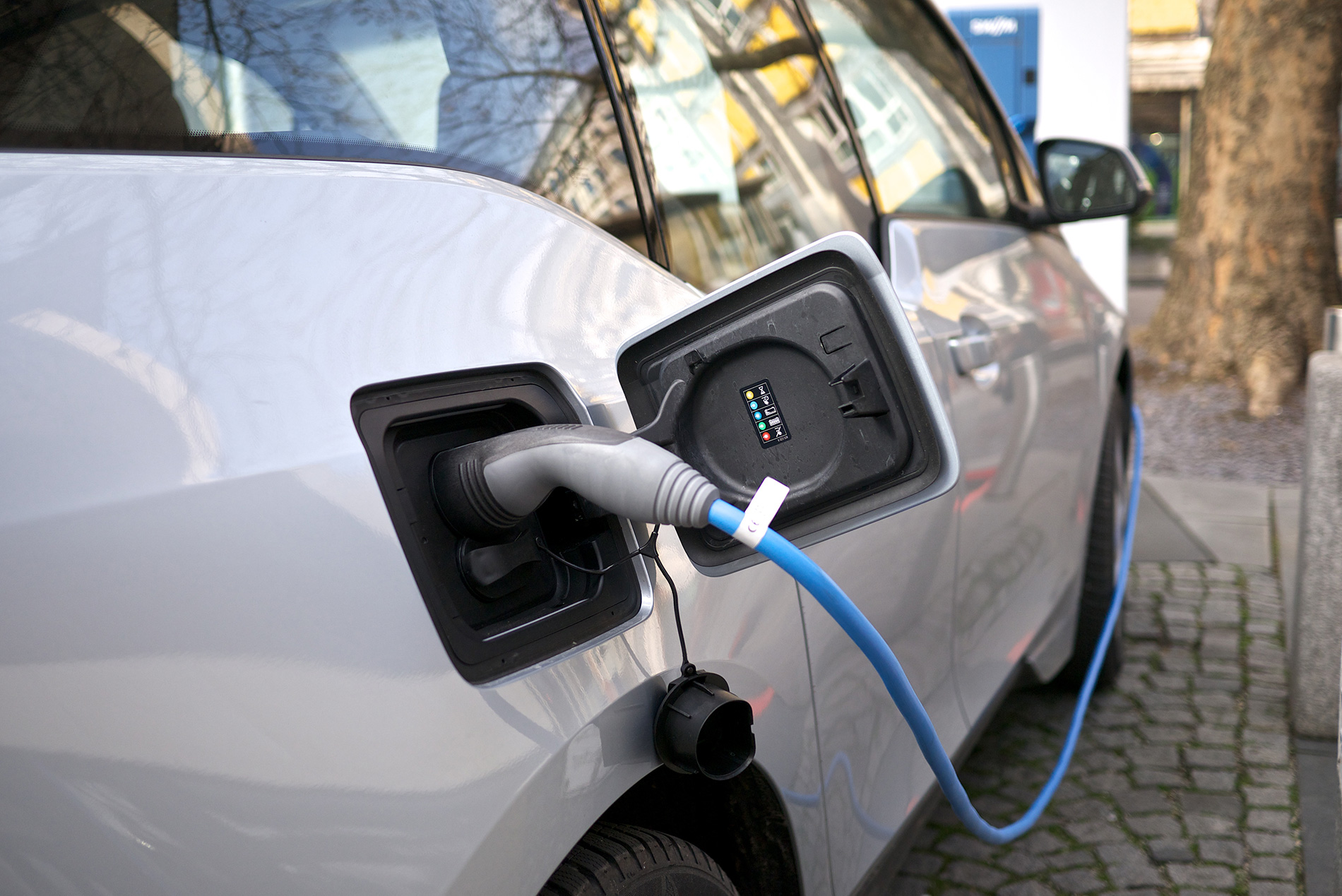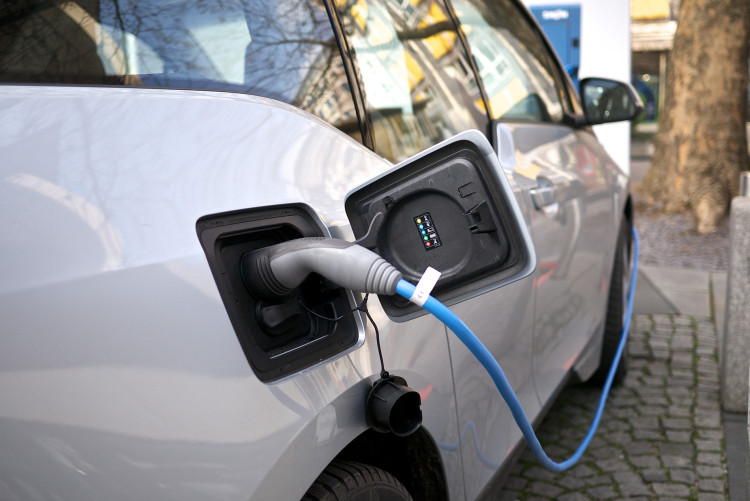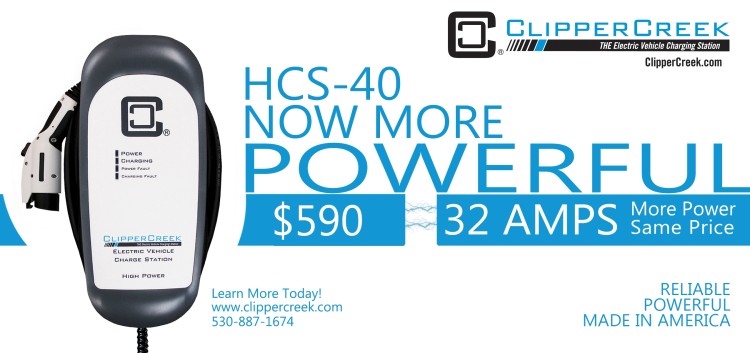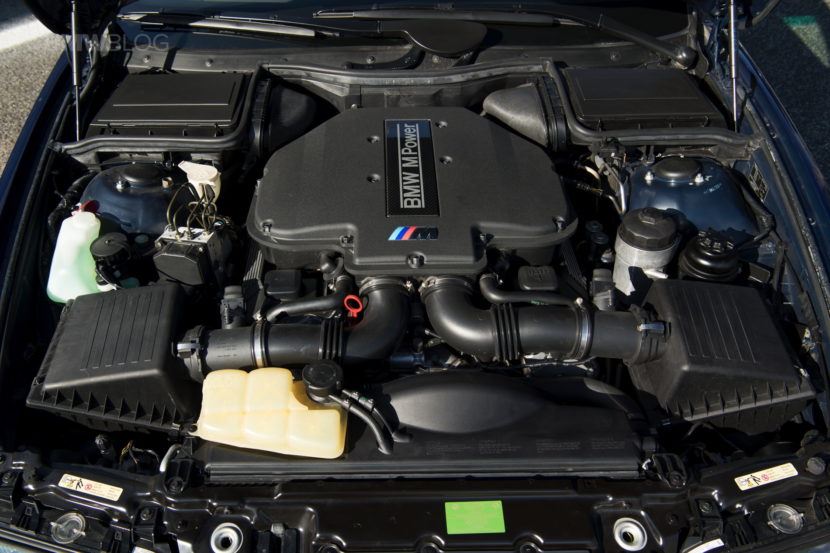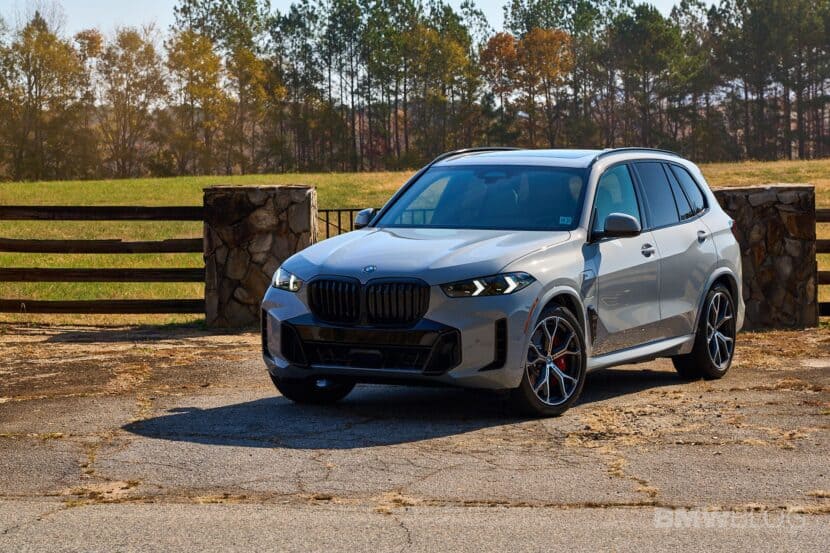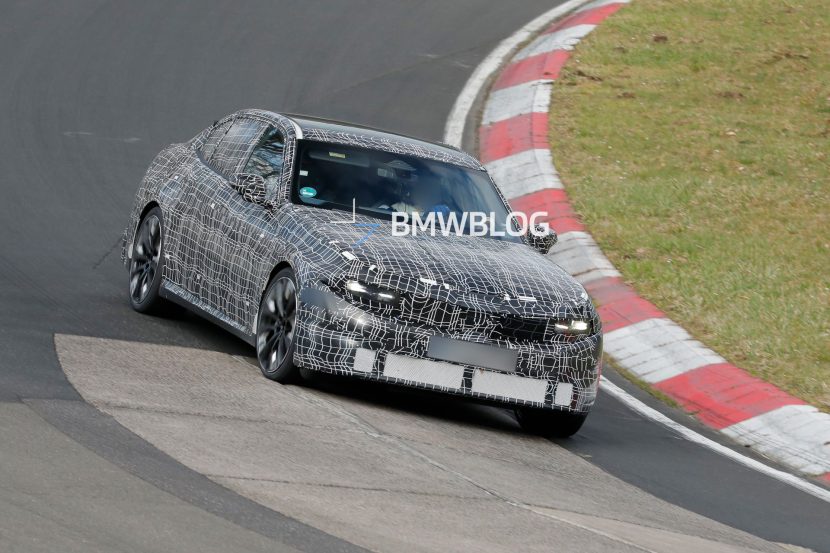When choosing a home charging station for your electric car there are a lot of factors to consider. I also think it’s wise to not only consider the vehicle you’re driving now, but also what you may be driving in the future. For instance, the BMW i8 is a plug in hybrid and doesn’t have as large of a battery as a pure electric car. Since the battery isn’t so large, BMW limited the charge rate to only 3.7kWs. The BMW i3 on the other hand comes standard in the US with a 7.4kW charging rate. Therefore, if you buy a home charging station specifically for your i8 now, you may not be happy with it in a few years when you buy your next electric vehicle.
Personally, I’d recommend installing nothing less than a 30amp, 240 volt unit, even if your current EV cannot accept all of the electricity that such a unit can deliver. If you really want to “future-proof “your garage, spend a little more and install a 40 amp unit. A 40 amp station will deliver up to 9.6kWs, which should be more than adequate for home charging of just about any EV for the foreseeable future.
First, let me clear the air on terminology. The proper name for these devices is EVSE, for Electric Vehicle Supply Equipment. It’s very common to call them “charging stations” and BMW calls their home charging solution a “Wallbox.” Calling them a “charger” isn’t technically correct though, because they don’t really charge the car. The actual charging equipment is built directly into the cars. These devices only supply electricity to the charger that is built into the car. There are very few differences in these devices, regardless of what they are called. They all do the same thing, and that is to supply electricity to allow you to safely charge your electric car.
Clipper Creek is one particular EVSE manufacturer that I routinely recommend. They have been making EVSEs for about twenty years, much longer than just about all of their competition. While there may be dozens of companies jumping in to the EVSE market now, Clipper Creek has been selling them since before there was even a standard connector for EVs, and they had different connectors depending on which car it was charging. They aren’t the only company making quality EVSEs but they have been doing it longer than anyone else, and I personally have used their equipment for about six years now. Clipper Creek also has a large product line, offering EVSEs in all sizes and power delivery.
I was in BMW’s MINI-E trial lease program, and back in 2009 when I got my car, BMW chose Clipper Creek to supply the home charging units for the MINI-E Pioneers. To this day, I still use my Clipper Creek EVSEs from the MINI-E Program. I just swapped the cables with the J1772 connector which is now the standard connection used. As a bonus to being a MINI-E pioneer, BMW asked us if we wanted additional EVSEs for free, and I took them up on the offer and got a second unit which I installed at my restaurant so I could plug in while I worked.
Clipper Creek charging equipment is definitely built to last. They are made in the US and in my opinion are best built EVSEs I’ve come across. I have a couple CS-40s (32 amps) and one CS-60 (48 amps) and have never had a problem with any of them. These are the previous generation EVSEs from Clipper Creek. The new models comparable to mine are the HCS-40 and HSC-60. The HCS-40 is now available in a hard-wired or plug-in (HCS-40P) model. This allows a level of portability not usually available in a 32amp home charging solution because they are usually hard wired and cannot be removed. With a plug-in EVSE, you could install the required 240V outlets in a number of locations and simply take the unit with you and use it wherever there is a compatible 240v outlet. I know people who have done this so that they can charge at work, or at a relative’s house.
As I mentioned above, there are a lot of EVSE options. Choose one that suits your charging needs, your budget and even aesthetic considerations. Make sure you don’t buy an underpowered unit only to find you need to upgrade it in a few years. Also be sure to hire an experienced, licensed electrician for the installation. I’d recommend getting a few competing estimates so you don’t get overcharged on the installation. I’ve seen the price to install these vary greatly from company to company, so do your homework. A high quality EVSE will offer many years of charging service. Do it right the first time and you won’t have to worry about it for a long, long time.
Here is how indestructible the HCS can be:


